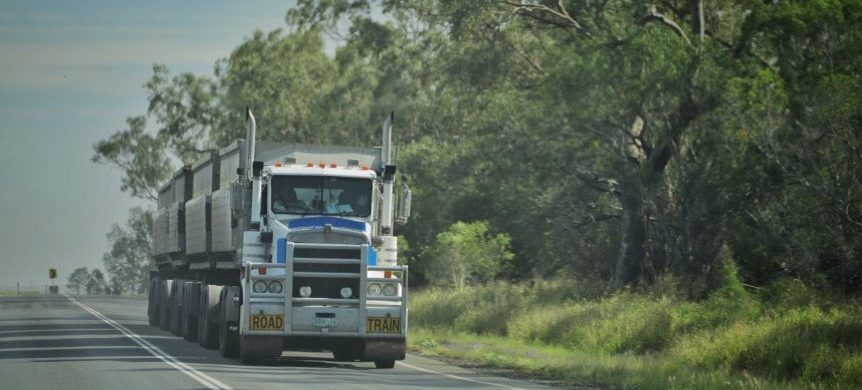
This Article Was Taken From ABC News: Landmark research reveals ‘horrific’ mental health crisis facing Australian truck drivers.
Gerard* was only in the trucking game for five years when he started to notice a change in himself.
Working 16-hour days, weighing 142 kilograms and in the grip of his second divorce, the truck driver said his mental health had never been so bad.
He said, “broken marriages, a shit life on the road and never being home for years on end”, led him to spiral.
When he attempted to talk through his struggles with colleagues, he was told to shut up and “grow some balls”.
“It’s a real manly, man industry. You can’t show your weaknesses,” he said.
Gerard works for one of Australia’s major transport companies but like many drivers, he chose to remain anonymous fearing he could lose his job for speaking out about his mental health.
“Do you know how many hours I spent crying in my f***ing truck? Like for years on end.”
“Do you know how much I’ve missed out on my kids? I missed them growing up. I was never there.”
Truck drivers are the operational backbone of Australia — delivering essential supplies across enormous distances to often isolated locations.
But the sector is facing a crisis.
‘Impact larger than we ever anticipated.’
Australia’s largest survey of truck drivers, led by Monash University, found half of all truckies suffered psychological distress.
The landmark three-year Driving Health research began in 2018 and will run over three stages, concluding in 2021.
The study found the percentage of drivers aged under 35 suffering severe distress was almost double that of the average Australian male of the same age.
It also found suicide had fast become the second leading cause of death for truck drivers under the age of 39.
Truck driving can be a dangerous occupation, with drivers 13 times more likely to die at work than any other Australian worker, according to Driving Health.
The number of drivers dying on Australian roads has also spiked after a report by the National Transport Insurance company found driver fatalities had more than doubled last year.
An exodus of drivers, fed up with long hours and stagnating wages, has resulted in a nation-wide shortage.
Those that remain report feeling undervalued and disrespected by employers, fellow motorists, the government and society.
“People don’t get what we f***ing do for them. Without trucks we’re screwed. They just use it and think as long as it’s there tomorrow — we don’t get that appreciation,” Gerard said.
Truck driving is the most common occupation for male Australians, employing 1 in every 33 male workers, or approximately 200,000 drivers.
“[Men] don’t talk about their inner feelings, don’t talk about their anguishes or what’s going through their minds, especially with their work mates because it’s just unheard of and I find that really sad,” Gerard said.
“I know three or four different people who took their own lives, guys I’ve worked with … because the industry as a whole put such pressure on them.”
Research fellow Elizabeth Prichard interviewed drivers and their families across Australia and found the team were only just beginning to scratch the surface on the “huge” stresses facing those behind the wheel.
“The impact of this industry on drivers is larger than we ever anticipated,” Dr Prichard said.
She said the profession projected a “tough or macho image” of drivers who “get on and get it done”, leaving many feeling unable to openly voice their struggles.
“Some fear if they talk about having challenges around mental health and wellbeing that they will be seen as being unable to do their job and will lose their job,” Dr Prichard said.
“Many of them are actually fearful of keeping their jobs and being employable in the future if they happen to talk about their mental health or put a claim in.”
Read the full article here.

